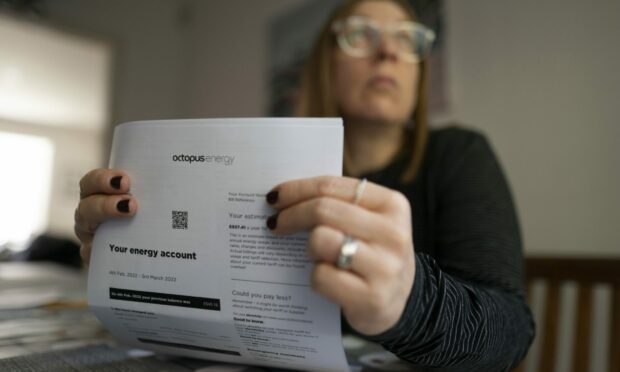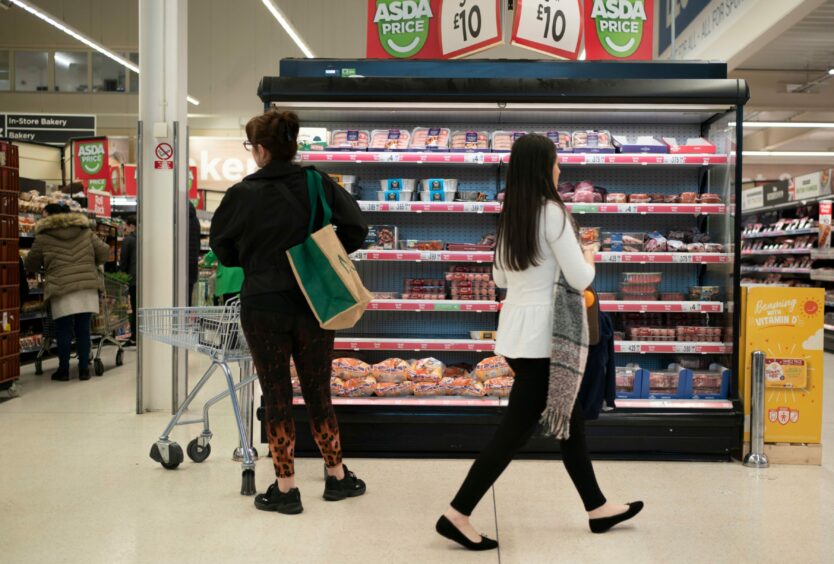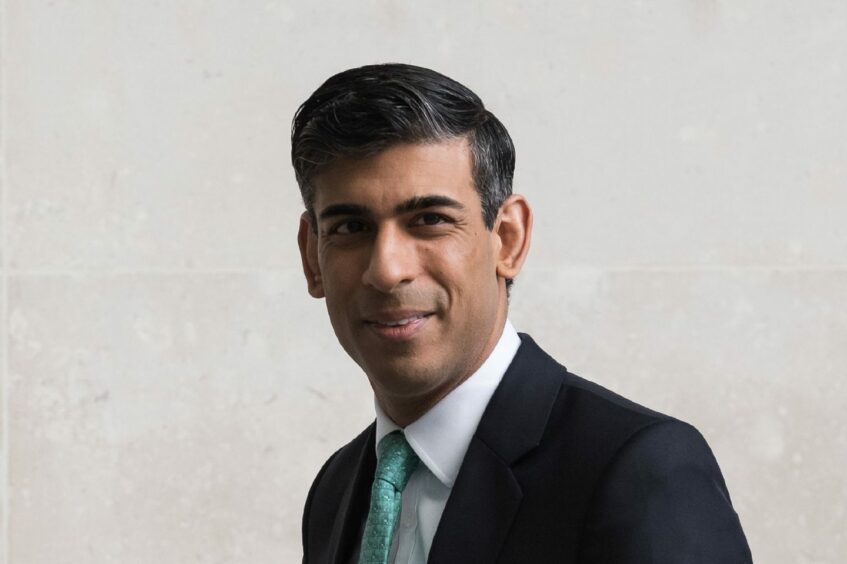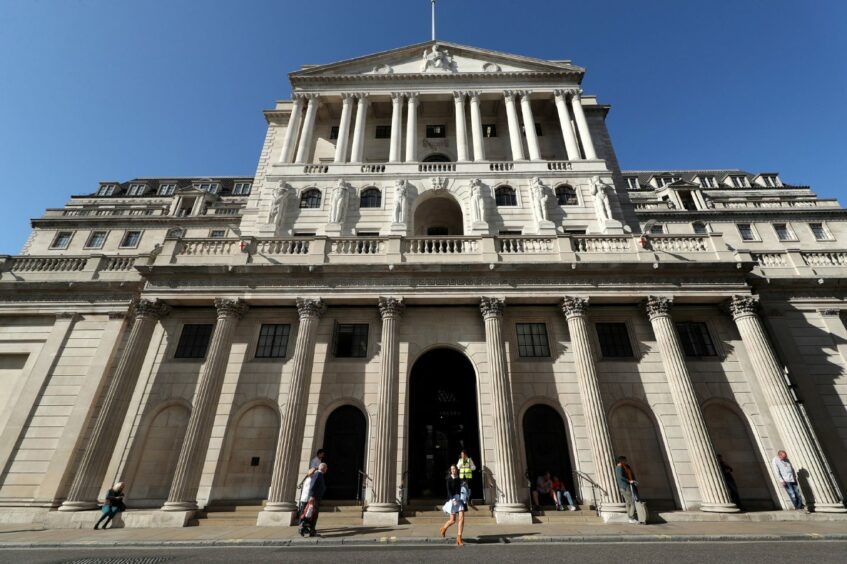Rising prices across the board have sent UK inflation soaring higher in February as the cost-of-living crisis intensified, according to official figures.
The Office for National Statistics (ONS) said Consumer Prices Index (CPI) inflation rose to 6.2% in February, up from 5.5% in January and again reaching the highest level since March 1992, when it stood at 7.1%.
The figure was larger than expected by economists, who had predicted a rate of 5.9%.
The largest contributors to growing inflation were the increased costs of housing – including energy bills – as well as transport, which has been mainly affected by surging fuel costs, the ONS said.
The rate was also driven higher by rising prices for food, clothing and footwear and a range of products and services.
Chancellor must act
The increasing cost burden on UK household will provide a focus on the Chancellor Rishi Sunak’s spring statement later today.
The Chancellor has been under huge pressure to take action as more people are driven to choose between heating and eating and working households are forced to make hard choices.
Financial pressure has been building as the economy struggles to recover in a pandemic, fuel crisis and war in Ukraine.
However, ONS data did not reflect the impact of the war in Ukraine because its survey concluded before Russian president Vladimir Putin ordered his troops to invade.
Fear of the unknown causing ‘real stress’
People already in poverty face serious money worries while more working households will struggle to pay bills.
Kevin Brown, savings specialist at Scottish Friendly, said “fear of the unknown” was “causing real stress for a lot of families who budget their money carefully each month”.
He added: “There is only so much people can do to boost their income or to cut costs in the face of rising inflation.
“We’ve reached the stage where political intervention is likely to be needed to protect families from the punishing effects of inflation.”
Experts expect the rate of inflation will continue to rise
The Bank of England warned that it could reach 8% next month, driven by the 54% rise in the energy cap that is set to come into force on 1 April and will affect 22 million households.
Mr Sunak is facing calls to take action, including:
- Cut fuel duty as petrol prices soar
- Offer aid for energy bills
- Reverse a £20 cut to Universal Credit
He is also under pressure to consider a windfall tax on oil and gas, which could have major implications in Scotland.
The Tory finance boss had originally been due to simply give an economic statement on the health of the UK’s finances as the fiscal year comes to an end.
But the chancellor will now give a larger spring statement which could see him announce some new policies aimed at helping those struggling with rising bills.Mr Sunak’s announcement will serve as a smaller mini-budget instead of a full spending review, meaning any tweaks to taxes could be fairly minor.



